15 local agricultural extension organisations participated in a co-design workshop facilitated by the Next Generation Agricultural Extension Project: Social relations for practice change. In this blog post, we share the results from this workshop, what we learned and next steps for the project.
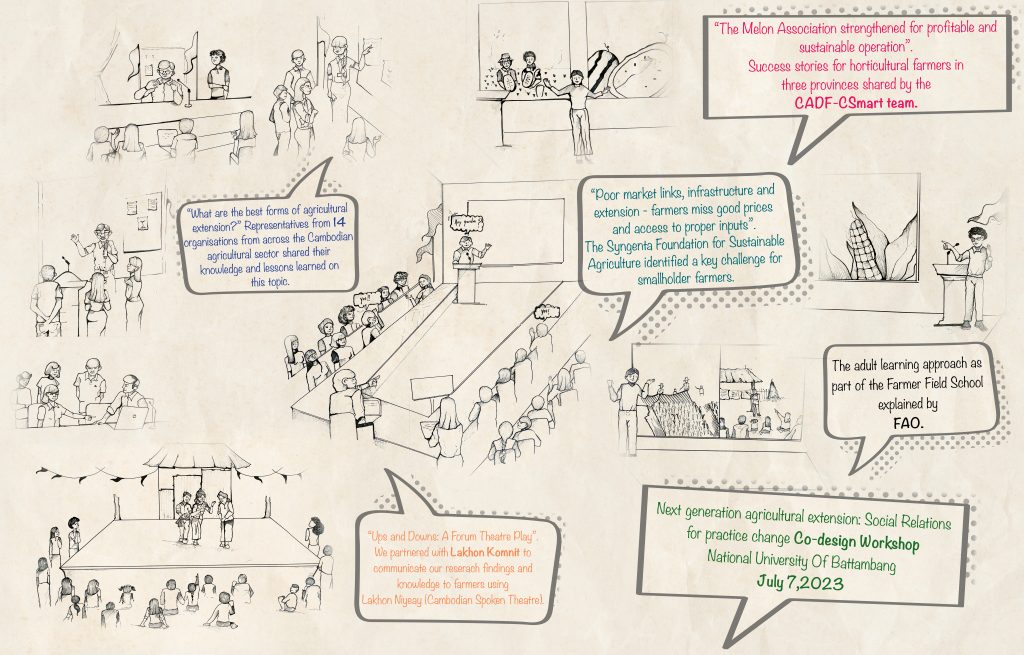
After analysis of the household census, we identified six distinct clusters of farmer households in our study area. These clusters are known as typologies in the literature and are often used to address the heterogeneity found in rural agricultural communities when planning interventions. By understanding the identifying characteristics of households, we believe we are better able to design, resource and implement targeted interventions which produce more successful outcomes for the research participants. The next step is designing those interventions with the specific needs and requirements of each cluster in mind.
Recognising the experience and knowledge that already exists in the community, the Next Generation Agricultural Extension Project invited local organisations working in the sector to the National University of Battambang (NUBB) for a two-day co-design workshop from 6-7 July 2023. The goal of this workshop was to share our findings from our census analysis and co-design impactful agricultural intervention solutions for later stages of our project. We were grateful for the attendance of 25 participants from 15 organisations who accepted this invitation and openly shared their experiences of both success and challenges from working in the agricultural development sector in Cambodia. Organisations included local government represented by the Pailin Department of Agriculture, Forestry and Fisheries; educational institutions such as CE SAIN at the Royal University of Agriculture, Phnom Penh; financial institutions such as AMK; and globally recognised NGOs such as OXFAM.
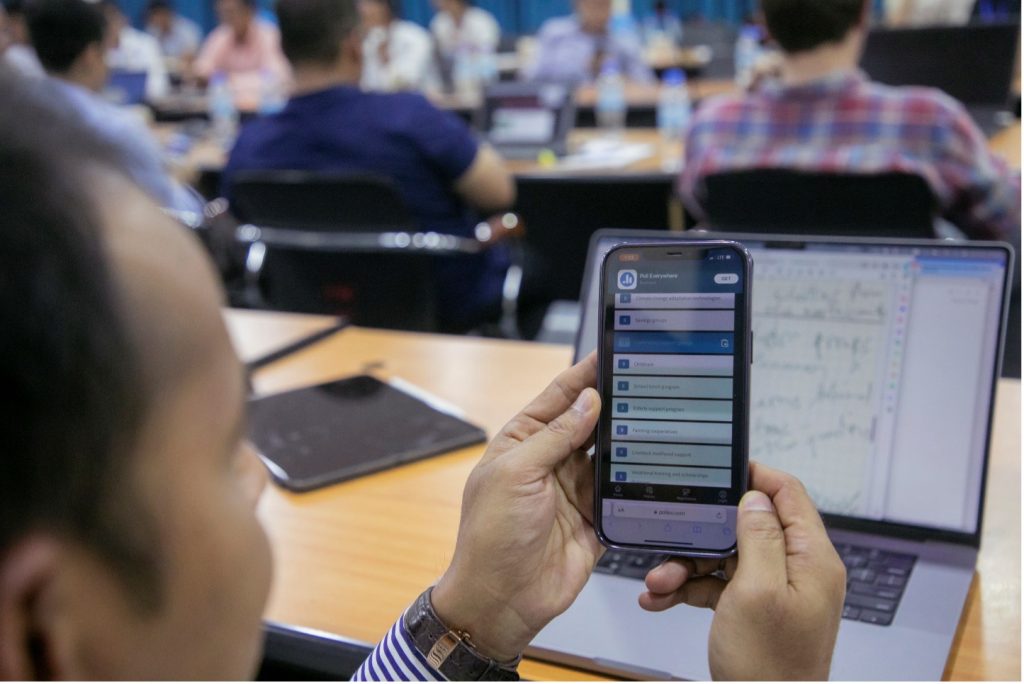
The workshop included open discussion, brainstorming and requests for input from all participants focusing on the central question:
“In your experience, what do you believe would most benefit farmers?”
Participants were asked to participate by completing an interactive survey conducted live in the workshop.
We designed our engagements to encourage respondents to think outside the confines of traditional extension methods, aligning with our approach that extension must do more than provide information, technology and credit for sustainable practice change.
We are pleased to share a summary of the suggestions that emerged from the co-design session below:
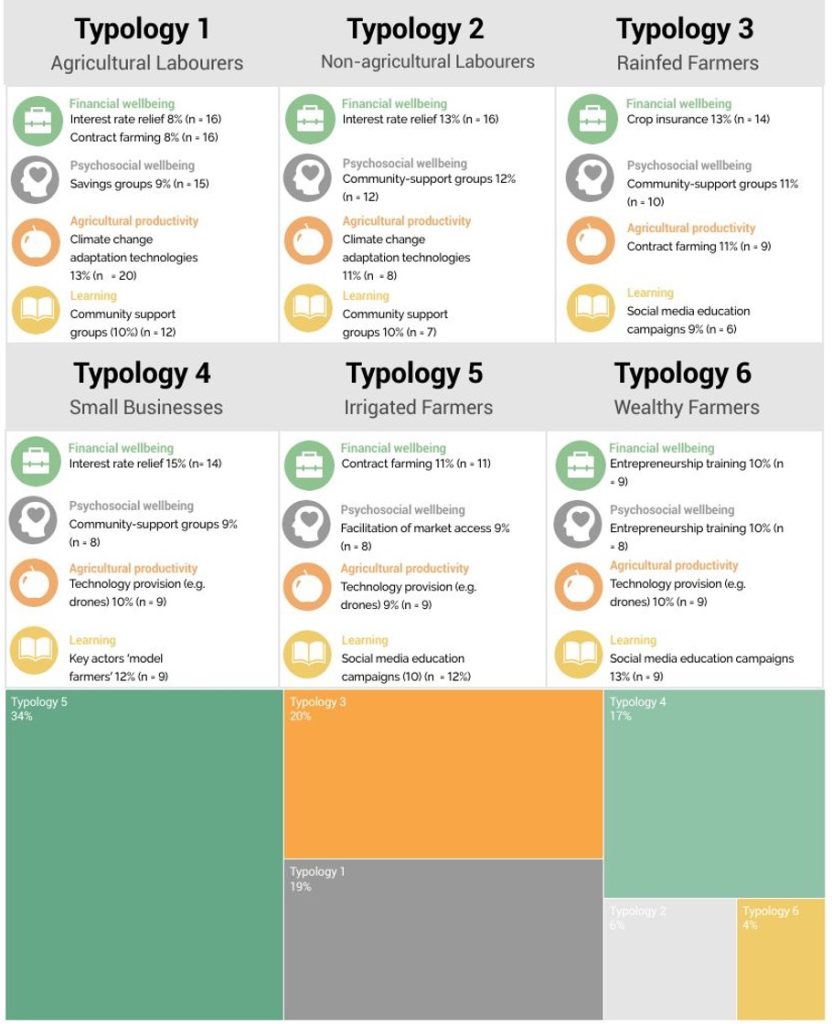
This is an invaluable resource for the project as we begin designing interventions for Activity 6 and Activity 7 and their implementation through local organisations. Perhaps even more valuable, are the partnerships that have resulted from the co-design workshop and ongoing commitment in the region from organisations working towards a shared goal.
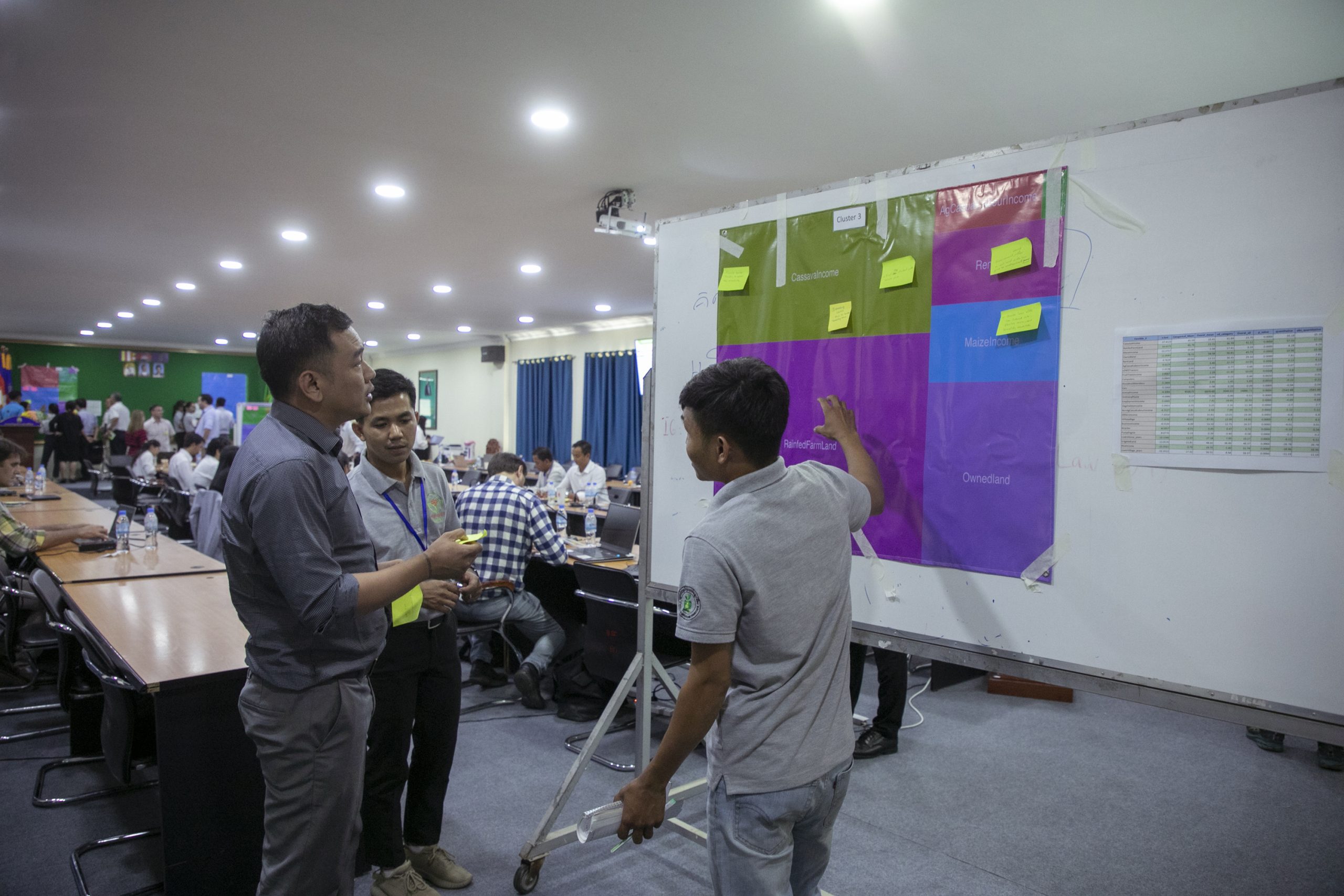
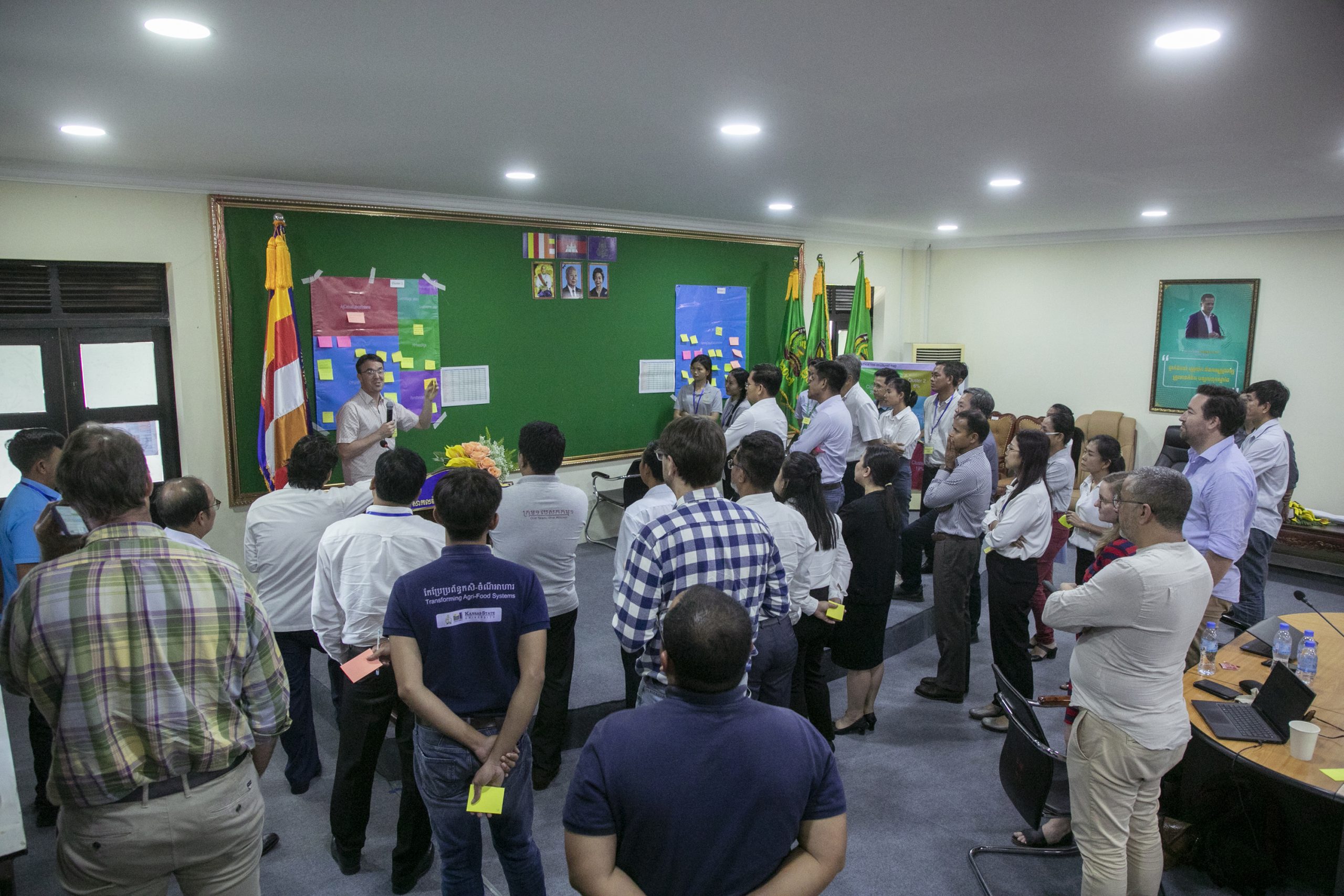
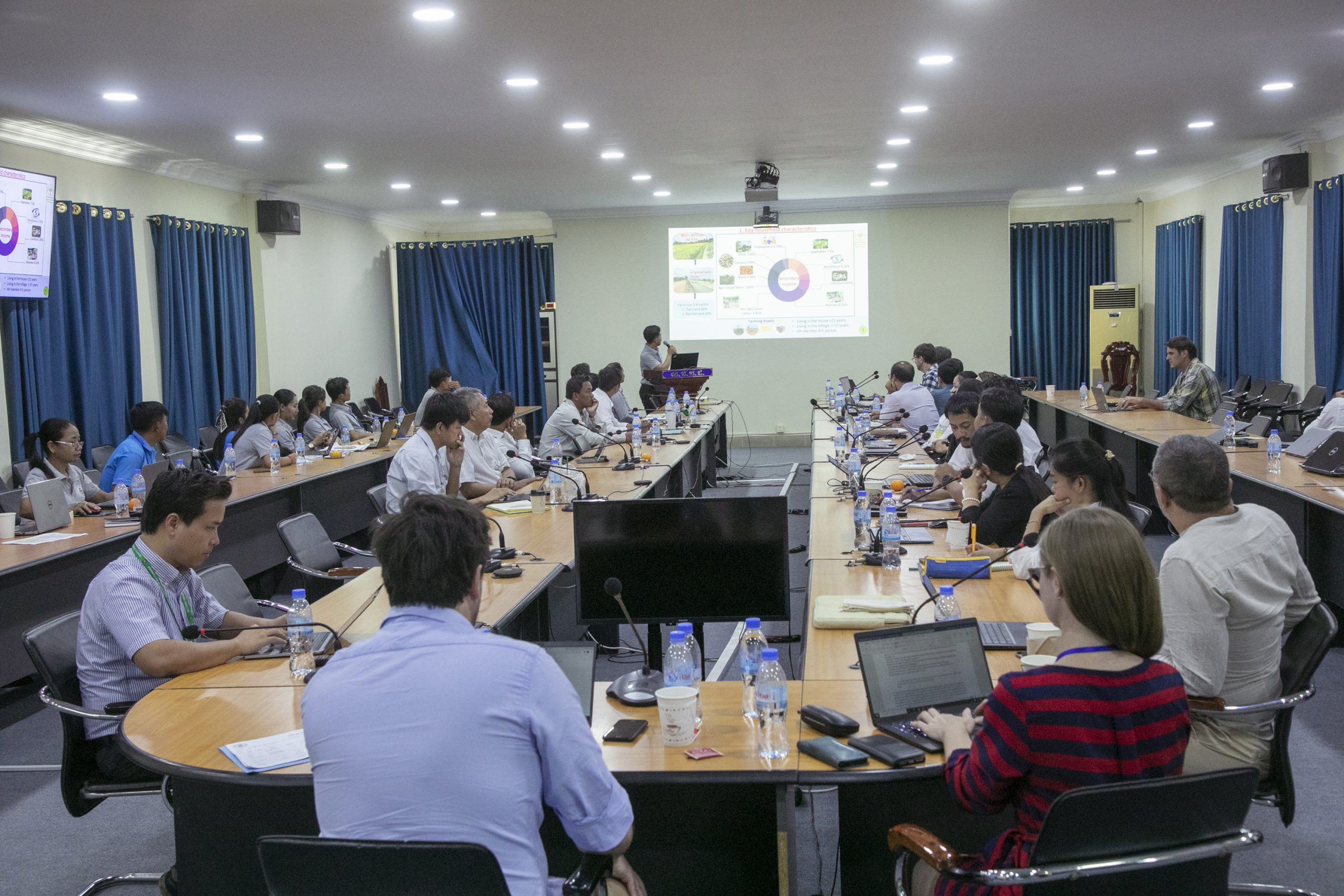
Read through some of the feedback we received from the workshop participants.
“Brainstorming of the interventions by typology…it is crucially important to get ideas of solutions from the various experienced participants on the specific issues/constraints and opportunities of each typology“.
Sophoan KHONG, iDE Cambodia
“The method of participant engagement adopted by the workshop facilitators – exceptionally excellent”.
Chantham CHEA, FAO
Of the 18 respondents to the feedback survey send out after the workshop 100% said that they would very likely or likely attend again AND recommend to a colleague or collaborators.
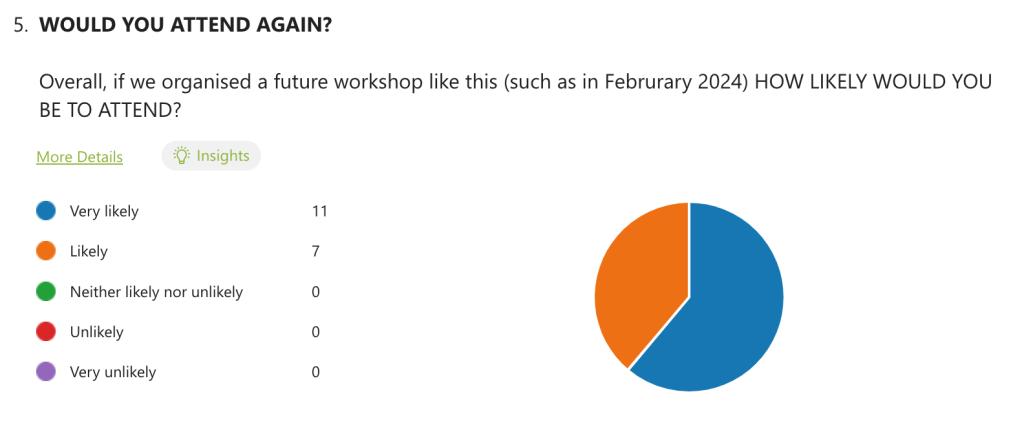
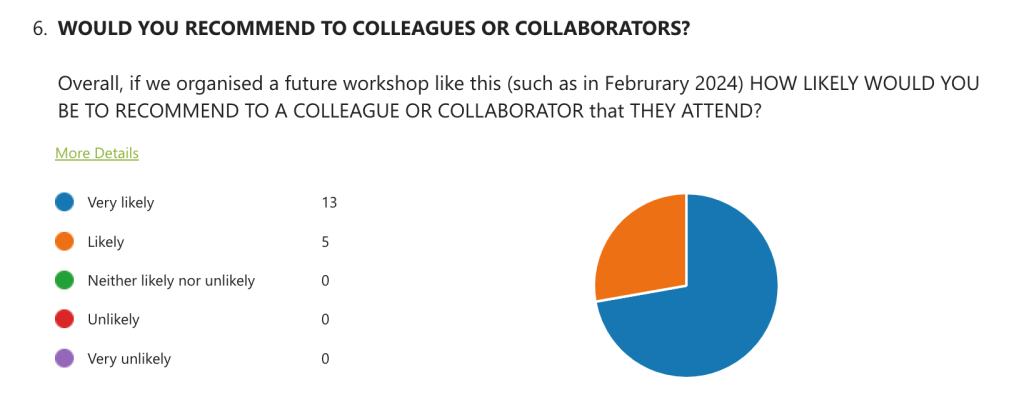
Reflecting on the co-design workshop, the Next Generation Agricultural Extension Project has taken away three key learnings:
- Household typologies offer exciting new insight and opportunities for agricultural extension organisations in Northwest Cambodia in designing, implementing and evaluating their interventions
- Impact assessment and project evaluation was seen to be an important but under-developed aspect of agricultural extension in the region
- Collaborating with existing organisations and supporting interventions in the area presents an opportunity for a strengths-based approach to extension which can accelerate local efforts through the Next-Gen project
We are incredibly grateful to our partners who have already offered opportunities to collaborate on their projects. If your organisation is interested in collaborating, please contact us. We look forward to hearing from you! Until then, goodbye/ លាហើយ (lao ey) and stay well.